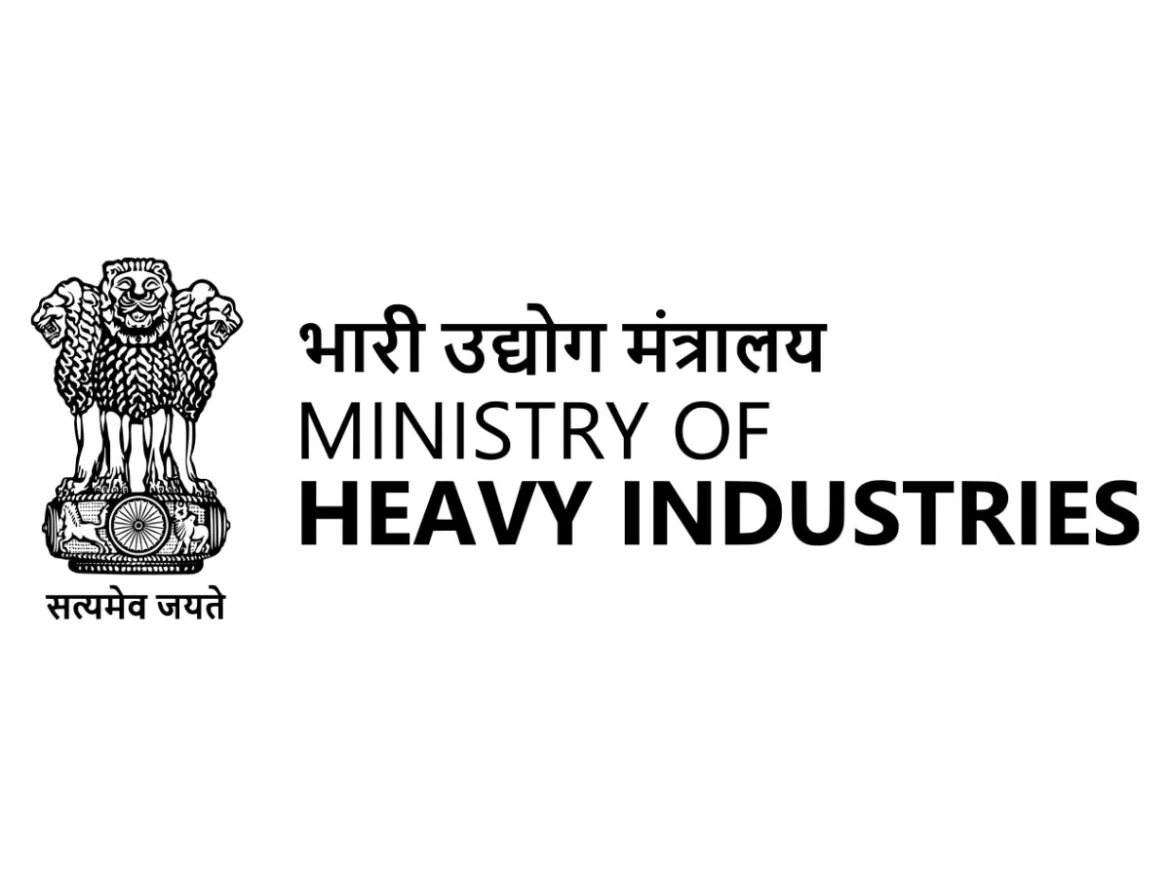The Ministry of Heavy Industries (MHI), Government of India, is set to release a Request for Proposal (RFP) for 10 gigawatts of grid-scale energy storage systems. This initiative is in collaboration with the Ministry of New and Renewable Energy and NITI Aayog, aiming to enhance indigenous manufacturing capabilities for battery energy storage systems compatible with advanced chemistry cells.
Vijay Mittal, Joint Secretary at MHI, stated, “The Ministry of Heavy Industry is leading the mission of indigenous manufacturing of chemistry cells in the country as part of our electric vehicle (EV) initiative. Our goal is to achieve net zero by 2070 and reduce the need for imports of internal combustion engine (ICE) vehicles, addressing environmental concerns. This journey began over three years ago, and we are pleased to share our progress and views on our ACCPLI with the support of stakeholders. We have allocated over 40 gigawatt-hours out of 50 gigawatts to various OEMs for indigenous manufacturing of ACC.”
The government’s ACC-PLI scheme is expected to drive a notable increase in battery manufacturing capacity in India. Various national laboratories and start-ups are actively working on advanced lithium technologies, including Lithium Sulphur and solid-state batteries. The India Energy Storage Alliance (IESA) anticipates that the Indian industry will need to increase its investment fivefold over the next five years.
Debi Prasad Dash, President of IESA, remarked, “The lithium-ion battery industry is crucial to India’s clean energy goals. This summit will help shape the roadmap for the country’s transition to sustainable energy, presenting a unique opportunity for Indian and global players to collaborate and innovate. With the projected demand and developments in technology, this is the right time for increased investment and focus on scaling lithium-ion battery manufacturing in India.”
India is projected to experience a cumulative demand of 600-900 GWh of lithium batteries by 2032. In response to this demand, the country is also developing appropriate safety standards considering various applications, temperatures, and environmental conditions.
Dr. Rahul Walwalker, Chairman of IESA, noted, “In 2020, there were only around 100 gigawatt hours of manufacturing expected to occur outside of China. However, the current expectation is that in the next 5 to 10 years, there will be a minimum of 1000 gigawatt-hours, and possibly up to 1500 gigawatt hours, of manufacturing set up outside of China. Many countries are looking for an alternative to relying solely on China, creating a potential market opportunity of up to 2500 gigawatt hours for the supply chain in India. The goal is to scale up manufacturing in India, with the initial target being 50-gigawatt hours set up by the ACCPLI, and a larger vision set by the IESA for India to have a minimum of 550-gigawatt hours of cell manufacturing by 2035.”
As one of the world’s leading importers of lithium-ion batteries, India is actively adopting advanced energy storage technologies. In FY 2023, India imported lithium-ion batteries valued at $3.59 billion from countries such as China, South Korea, Vietnam, and Japan. The country currently hosts over 100 lithium battery pack manufacturing companies serving the electric vehicle (EV), power electronics, and stationary storage sectors.


Leave a Reply